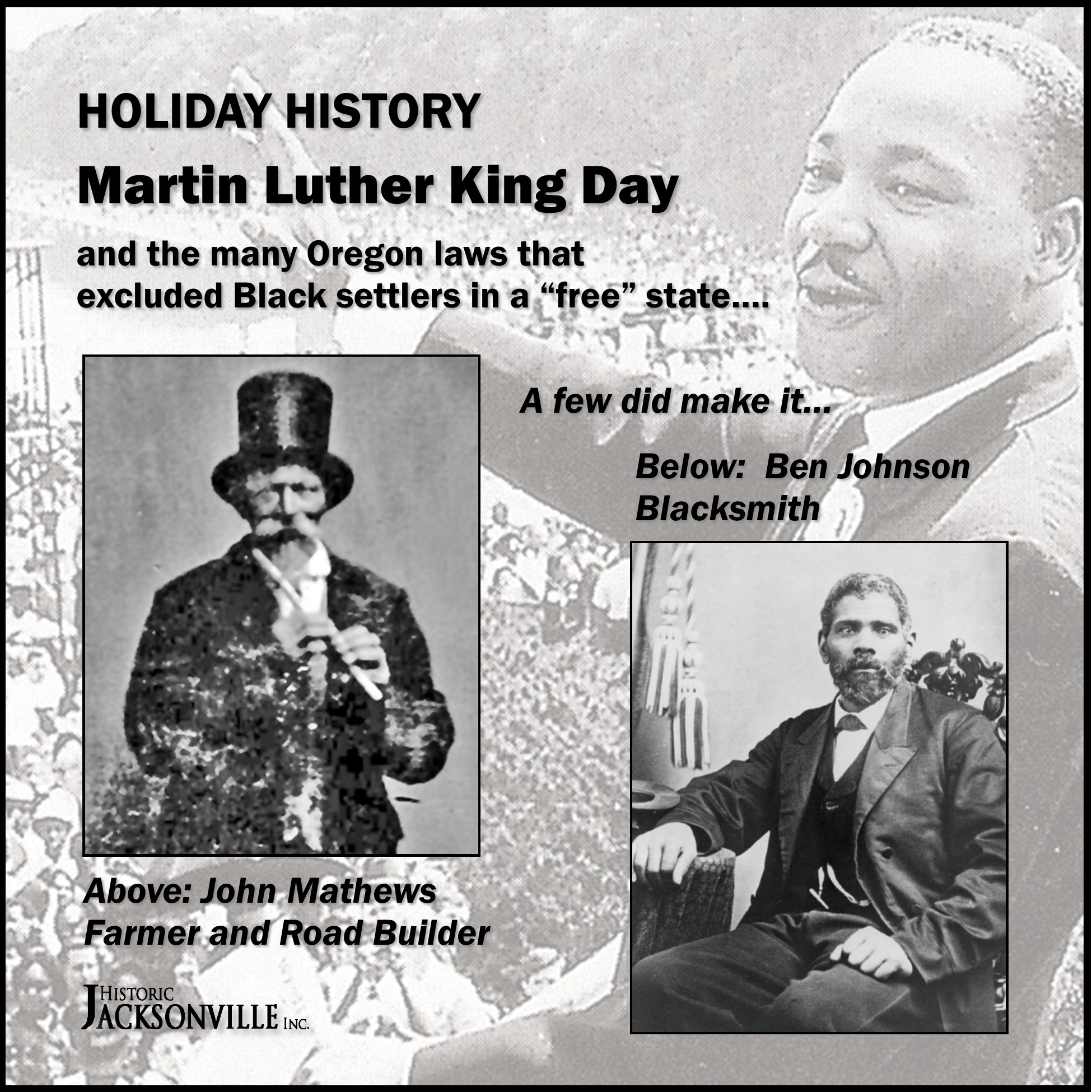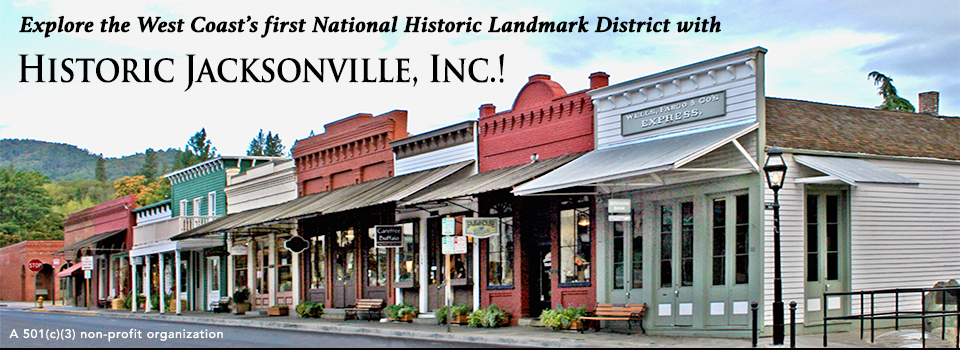Martin Luther King Day
 It’s the third Monday in January, Martin Luther King Day, honoring a man who sought the freedom and justice for his people that had been promised in Lincoln’s Emancipation Proclamation 100 years earlier. This federal holiday, enacted in 1983 but not observed in all 50 states until 2000, honors a man who sought the freedom and justice for his people that had been promised in Lincoln’s Emancipation Proclamation 100 years earlier. It’s been over sixty years since King had a “dream,” but his vision has yet to be achieved.
It’s the third Monday in January, Martin Luther King Day, honoring a man who sought the freedom and justice for his people that had been promised in Lincoln’s Emancipation Proclamation 100 years earlier. This federal holiday, enacted in 1983 but not observed in all 50 states until 2000, honors a man who sought the freedom and justice for his people that had been promised in Lincoln’s Emancipation Proclamation 100 years earlier. It’s been over sixty years since King had a “dream,” but his vision has yet to be achieved.
Have you ever thought about how few Blacks live in Southern Oregon? Did you know that African Americans make up only about 2% of the state’s population as a whole?
Although Oregon was established as “free” state, a lot of early laws were imposed defining who was “free” and the meaning of freedom. Oregon’s 1843 “Organic Laws,” subsequently amended in 1844, had the effect of legalizing slavery in Oregon for three years by imposing a time limit for slave owning settlers to “remove” their slaves. It also freed slaves if their owners refused to remove them. However, once freed, a former slave could not stay in Oregon. Males had to leave within 2 years; females within 3. Some left; many just moved to Eastern Oregon. The law was rescinded within a year.
The second exclusion law, enacted by the Territorial Legislature on September 21, 1849, specified that “it shall not be lawful for any negro or mulatto to enter into, or reside” in Oregon, with exceptions made for those who were already in the territory. The law was rescinded 5 years later.
However, the 3rdexclusion law was written into Oregon’s 1857 Constitution. It read as follows: “No free negro or mulatto not residing in this state at the time of the adoption of this constitution, shall come, reside or be within this state or hold any real estate, or make any contracts, or maintain any suit therein; and the legislative assembly shall provide by penal laws for the removal by public officers of all such negroes and mulattoes, and for their effectual exclusion from the state, and for the punishment of persons who shall bring them into the state, or employ or harbor them.”
The law was never enforced and was rendered moot by the passage of the 14thAmendment to the U.S. Constitution. However, it was not repealed by voters until 1926.
These laws still had the effect of discouraging black settlers. The 1860 Oregon census reported 128 African Americans in a total state population of 52,465.
But some Blacks did come and stay. One was Ben Johnson, a blacksmith. The mountain in the Applegate where he had his forge in the 1860s now bears his name. Another was John Mathews, a farmer and road builder. He had brought his family to the area in 1853, settling on Little Butte Creek.
Honored and admired by friends and neighbors, Mathews’ legacy continues today in the name he gave his community—”Eagle Point”—for the birds that flew freely from the cliffs above his home.
